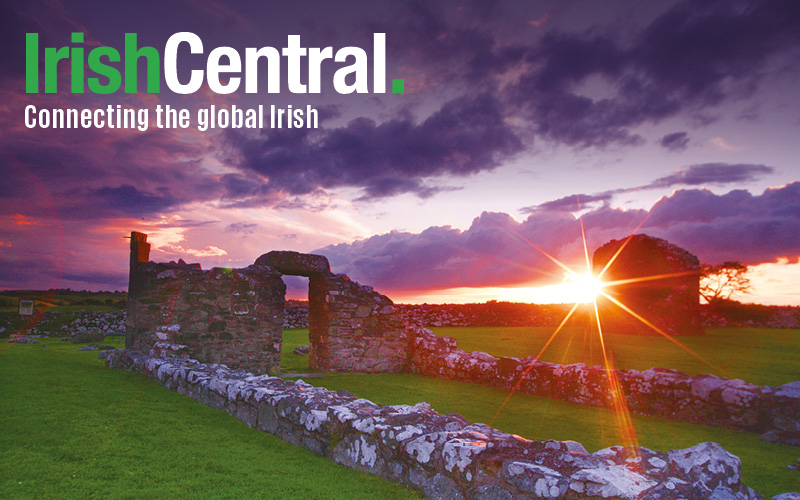There's something frightening and sad about Irish Catholic Americans forgetting their roots but there is something important missing from this equation.
Last week I got around to reading “What Happened to Irish America?” an essay posted just before St. Patrick’s Day on the New Republic magazine website. Coincidentally I also finally watched the movie Salvador, directed by celebrated filmmaker Oliver Stone and starring James Woods, released back in 1986.
There is an important connection between Stone’s movie and the New Republic essay, written by Irish American author Eileen Markey.
Markey’s recent book A Radical Faith covers shocking events also covered in Stone’s film: the execution of Irish American nuns and aid workers during the bloody Salvadoran civil war of the 1980s.
Markey’s essay attempts to explain why the Irish in America, once immigrant underdogs, are now a sizable chunk of Donald Trump’s conservative coalition.
“Irish names are prominent among Trump loyalists,” Markey notes. “Many Irish Americans have adopted his brand of nativism, as well as an every-man-for-himself faith in the market and a tight-heartedness that would have been anathema to our grandparents. Half of us voted for Trump in 2016.”
This, Markey notes, even though “Irish American history is filled with characters who looked outward from their Irishness, who stood, sometimes fiercely, for the outsider and the exploited.”
Of course this is quite true. When you see pro-Trump types with names like Hannity and Kelly, you have to wonder what the more radical Irish folks Markey writes about -- Mother Jones, Mike Quill -- would think.
There is something both frightening and sad about Irish Catholic Americans forgetting their roots this way. But there is something important missing from this equation.
Look no further than the movie Salvador. That movie features a group of highly sympathetic Irish nuns and aid workers who labor intensively to alleviate the lives of the poor and needy.
The trouble is this is one of the rare sympathetic depictions of Irish Catholics you will see in a progressive piece of political entertainment. Instead, Irish Catholics are generally dismissed as conformist and overly-religious, if not outright fascist.
The issue that illuminated the split between Irish Catholics and liberals is the one that is central to Stone’s movie and Markey’s book: communism.
Back in the 1930s, progressives on the left romanticized the struggles of the Republicans in the Spanish Civil War. Many Irish Catholics, however, sided with the anti-communist General Francisco Franco. In the broader culture wars of the 1930s this led to the tempting but overly-simplistic charge that many Catholics were automatically fascist.
It did not help that Irish American anti-communism came to be associated with extremists from the anti-Semitic Father Charles Coughlin to the red-baiting Joseph McCarthy.
But if these figures recklessly threw the term “communist” about, many liberals were far too gleeful in dismissing even moderate Irish Catholics as fascists or mindlessly bourgeois.
So, by the time the culture wars of the 1960s and 1970s heated up, any time a brainy intellectual needed a repressive hypocrite or closeted fascist in a movie, they dragged out an Irish Catholic: from Joe to Looking for Mr. Goodbar, from Harold & Maude to The Front.
As a character in Mary Gordon’s 2017 novel There Your Heart Lies dismissively puts it, "There was a particular kind of Catholicism that was uniquely American. They combined the worst prejudices of the worst Americans with the worst of being Catholic.”
Who would want to join a coalition that thinks this way?
If we are going to take Irish Americans to task for betraying their roots -- and we should -- we must also point out that liberals and progressives rarely made it easy for Irish Catholics to embrace them.




Comments